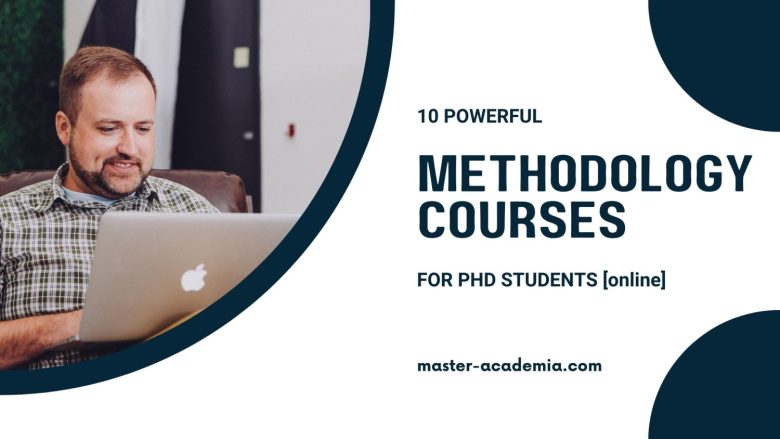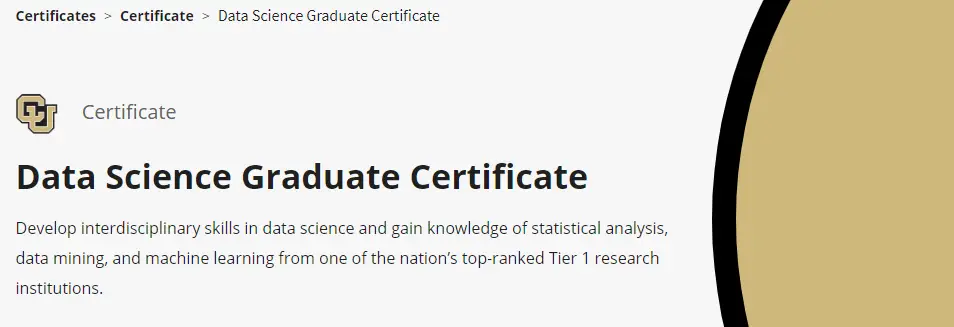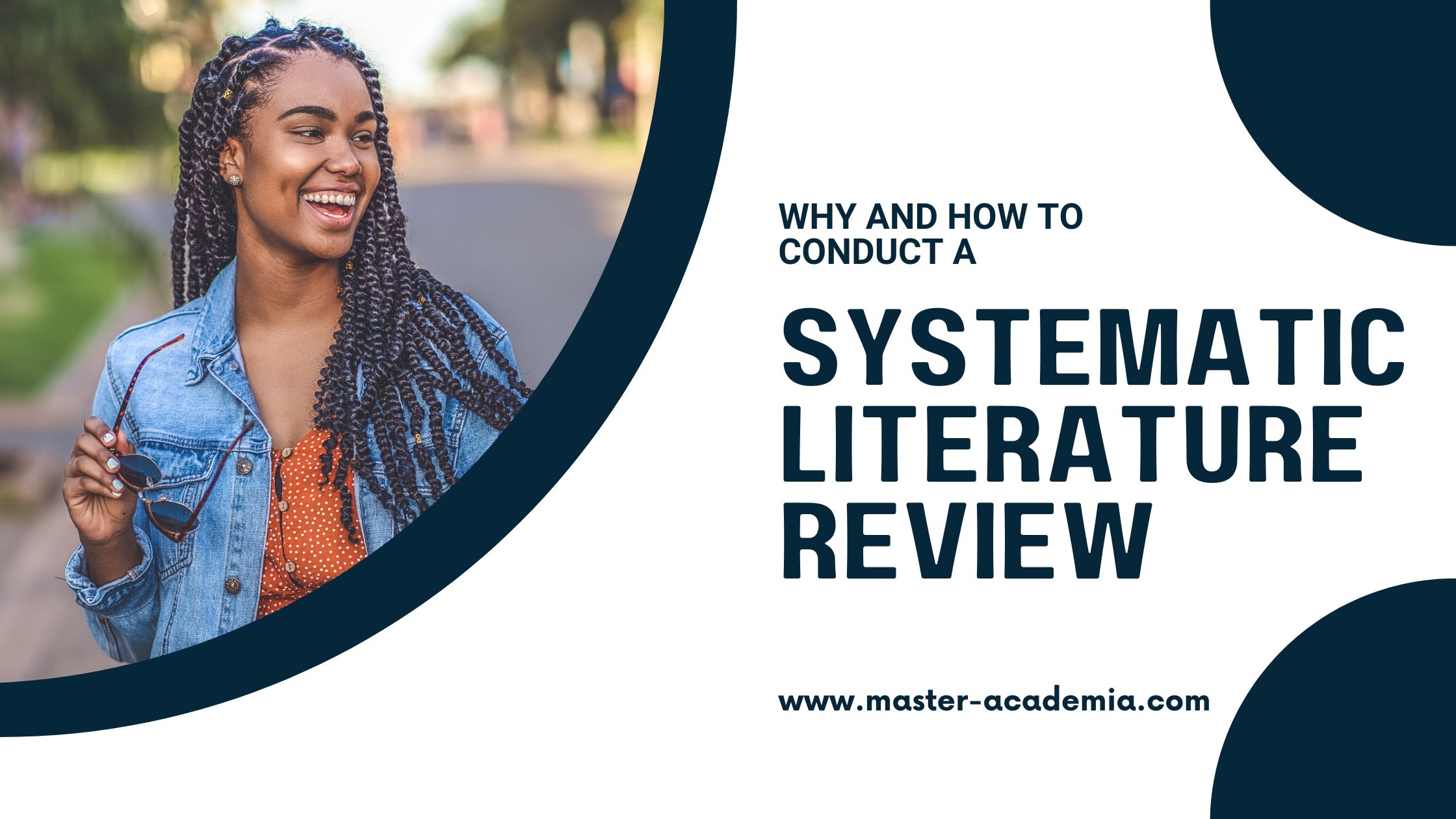
Good knowledge of research methodology is a precondition for a successful PhD thesis. However, not all PhD students have access to methodology courses as part of their PhD programme. Fortunately, there are good options online, such as the following 10 powerful methodology online courses for PhD students provided via Coursera.
Disclosure: This post contains affiliate links, which means I may earn a small commission if you make a purchase using the links below at no additional cost to you.
Contents
Free online research methodology courses for PhD students
Coursera is a US-based platform that provides massive open online courses. To provide these courses, Coursera works together with universities and other specialised organizations such as Google or IBM.
Almost all online courses on Coursera, including methodology courses, can be accessed for free. This provides PhD students with plenty of opportunities to improve their methodological skills.
The only caveat of accessing methodology courses for free is the lack of a certificate upon course completion. Furthermore, in some courses, you cannot participate in the assignments and peer review of projects if you decide to go for the free option.
However, if you are just looking for a short refresher or some in-depth information on a specific method or research approach, simply accessing a course for free is a wonderful way to gain and deepen your knowledge.
Here are two examples:
Understanding Research Methods (University of London)

A powerful online methodology course that lends itself to the option of free access is Understanding Research Methods. The course is targeted at students conducting research as part of postgraduate studies and provides a great overview of the fundamentals of conducting research and different research methods. The syllabus includes information on research questions, literature reviews, research planning and research evaluation. If you choose the certificate option, instead of accessing the course for free, you can even create your own research proposal and receive individual feedback!
Basic Statistics (University of Amsterdam)

Coursera also provides powerful introductory courses on specific methods of analysis. Basic Statistics is one of them. Despite its focus on people working in the social and behavioural sciences, this course offers a great introduction to statistics to all PhD students who start from scratch when it comes to statistics, or those who learned some basic statistics a long time ago. The course teaches you how to explore data, understand correlation and regression, probability, probability and sampling distributions, and much more!
Online certificate courses in research methodology for PhD students
Learning new skills should be the most important part of following online courses in research methodology. However, it can also be useful to collect evidence of your knowledge and skills in the form of certificates.
Certificates look good on your CV and may come in handy in future job applications (within and outside of academia). In general, all Coursera issues certificates for the successful completion of all its course for a relatively low fee, including the ones presented above.
However, for PhD students who look for certificates in research methodology, it can be smart to follow online research methodology courses that are more extensive or go further in-depth compared to introductory courses.
Here are three good examples:
Research Design: Inquiry and Discovery (University of North Texas)

One powerful course that goes in-depth when it comes to research methodologies is Research Design: Inquiry and Discovery, which is definitely worth a certificate! It is a great course for PhD researchers who want to dive deeper into the creation of good research questions, how to connect research questions to suitable research approaches, as well as to methods of data collection and analysis. Additionally, it discusses important topics such as research ethics, which will really make you reflect on your own PhD research design.
Research Data Management and Sharing (The University of North Carolina at Chapel Hill & The University of Edinburgh)

Another methodology course that is definitely worth a certificate is Research Data Management and Sharing. Many universities place a growing emphasis on data management as part of a research methodology. And often, a well-developed data management plan is a precondition for receiving ethics approval for a PhD research project. The online course teaches valuable knowledge on things to consider and actionable steps to develop your own research data management and sharing plan, including the curation, preservation, access and reuse of data!
Data Science Graduate Certificate (University of Colorado Boulder)

PhD students who work a lot with quantitative data can benefit from enrolling in Coursera’s Data Science Graduate Certificate, provided by the University of Colorado Boulder. In contrast to the other methodology courses, this one is a complete programme consisting of 14 courses! The programme teaches you how to extract knowledge and insight from large datasets, and incorporates knowledge of statistical analysis, data mining, and machine learning. And while it is taught 100% taught online, you can receive not only a certificate but 12 credits! So if these skills are useful for your PhD, it can be worth exploring whether the programme can be part of fulfilling the educational requirements of your PhD degree.
Short online courses in research methodology
Improving your knowledge of research methodology does not have to take months on end. There are many short methodology courses provided on Coursera, which provide PhD students with an efficient way to learn or refresh their knowledge of specific research methods.
Here are two good examples:
Quantitative Research Methods (University of Amsterdam)

This course on quantitative research methods takes approximately 30 hours, which means you can tackle it in less than a week. It provides a good overview of quantitative research methods and covers the fundamental principles of science, some history and philosophy of science, research designs, measurement, sampling and ethics. Quantitative Research Methods is an introductory course and does not specifically target the PhD level. However, it is a quick way for PhD students to explore different options of quantitative methods before diving deeper into the ones they ultimately select for their research.
Qualitative Comparative Analysis (Erasmus University Rotterdam)

A lot of PhD students using qualitative methods are interested in comparative analyses. If this is the case, the course Qualitative Comparative Analysis is right for you! In approximately 27 hours, the course discusses everything from the analytical foundations of qualitative comparative analysis, to research design and calibration, to systematic comparisons and the interpretation of results. All in all, PhD researchers can learn how to conduct a comparative analysis in a scientifically sound manner.
Extensive online courses in research methodology for PhD students
PhD students who look for more extensive online courses in research methodology are advised to follow a so-called Coursera ‘specialisation’. Specialisations often consists of several related courses and always involve a capstone project, which is individual work in the form of, for instance, a case study analysis or research paper.
When you finish and pay for a specialisation, you get course certificates for each individual course that it part of the specialisation as well as an extra certificate for the specialisation as a whole.
Here are three examples of powerful specialisations focusing on methodology:
Methods and Statistics in Social Sciences Specialization (University of Amsterdam)

The Methods and Statistics in Social Sciences Specialisation includes some of the individual courses already mentioned above. It consists of five different courses, which cover quantitative methods, qualitative research methods, basic statistics, inferential statistics, and a final research project on methods and statistics in social sciences. Not only provides this course provides a great foundation of research methods and methodologies but teaches you in a practical way how to formulate a research hypothesis and design, come up with operationalizations, create manipulation and measurement instruments, collect data, perform statistical analyses and document the results.
Survey Data Collection and Analytics Specialization (University of Maryland and University of Michigan)

PhD students who are interested in surveys as part of their research can benefit from following the Survey Data Collection and Analytics Specialisation. This specialisation consists of 7 different courses, that provide in-depth knowledge on surveys in different fields, including market research, social sciences, government statistics and other domains. Students who follow the course will learn everything from designing questionnaires to sampling, dealing with missing values to analysing survey data. At the end of the specialisation, a Capstone Project is used to apply the skills taught during the courses. After the completion of the course, PhD students can tackle their own survey from beginning to end.
Econometrics for Economists and Finance Practitioners Specialization (Queen Mary University of London)

Finally, the Econometrics for Economists and Finance Practitioners Specialisation is a great intensive online programme that can benefit PhD students doing quantitative research. Yes, the course focuses on practitioners but hear me out: PhD students (and everyone else for that matter) can highly benefit from information even if it is not directly targeted at them. This specialisation, for instance, provides rigorous training in econometric methods and uses a ton of real-data examples. Learning how to test hypotheses on the relationship between variables is a crucial skill for many PhD students. Even those who are not directly involved in economics and finance theories.



